Turnkey Plant Relocation: What It Really Means
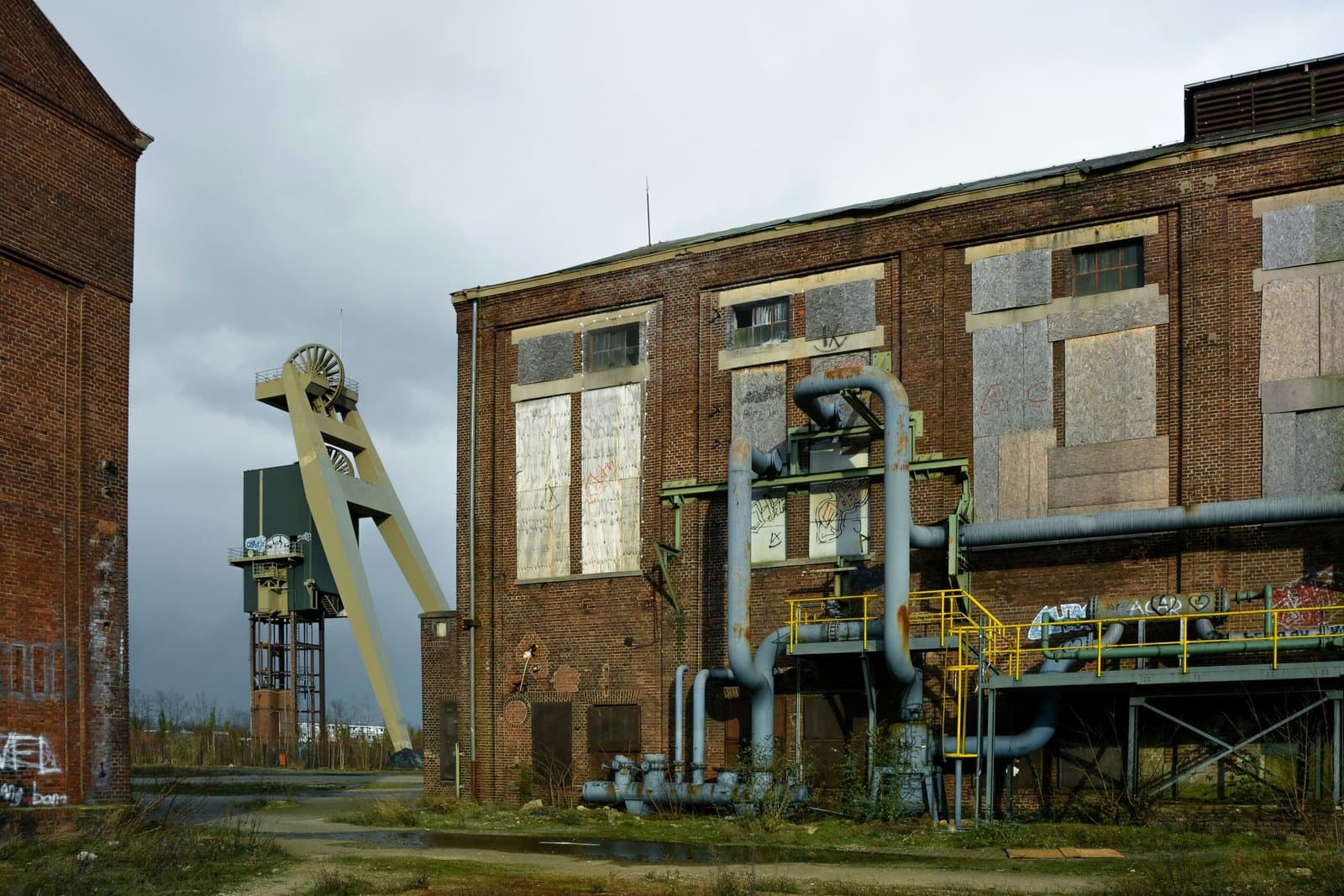
Relocating an entire plant or production facility is no small feat. It involves complex coordination across departments, vendors, equipment types, timelines, and regulations. And for many business owners, the thought of juggling multiple service providers for equipment rigging, transportation, utility disconnection, reinstallation, and compliance is overwhelming.
That’s where turnkey plant relocation comes in.
In this blog, we’ll break down what “turnkey” means in the context of plant relocation, why it matters, and how a single-source solution can save time, reduce risk, and make your next move smoother from start to finish.
What Does “Turnkey” Mean in a Plant Relocation?
In the world of plant relocation, “turnkey” means one provider handles every stage of the project, from initial planning and disassembly to transport, reassembly, testing, and final handoff. You don’t need to coordinate multiple vendors, contractors, or teams. You simply work with a single expert partner who takes full responsibility for delivering your facility move, completely ready for restart.
Think of it like this: instead of hiring a moving company, an electrician, a millwright, a logistics coordinator, and an equipment installer, you hire one team that manages all of those roles under one roof.
What’s Included in a Turnkey Plant Relocation?
Turnkey doesn’t just mean convenient—it means comprehensive. A reputable turnkey provider will offer services such as:
-
Initial site assessment and planning
-
Equipment disassembly and rigging
-
Electrical, mechanical, and utility disconnection
-
Heavy equipment transport and logistics
-
New site preparation and infrastructure adjustments
-
Equipment reinstallation, alignment, and calibration
-
Final testing, commissioning, and operational handoff
Some providers even handle regulatory compliance, permitting, structural modifications, and facility upgrades, making them a true one-stop shop.
Why Business Owners Prefer Turnkey Over Multi-Vendor Moves
Managing multiple vendors in a high-stakes industrial move can quickly become a logistical nightmare. From schedule conflicts to miscommunication, every added party introduces more risk. With turnkey plant relocation, you gain a single point of contact, a unified timeline, and a fully integrated team working toward one goal: getting your plant running again.
Top Benefits Include:
-
Less Downtime: With a coordinated plan and fewer moving parts, turnkey relocations are more efficient.
-
Fewer Mistakes: Miscommunication between vendors often leads to costly errors. One team equals one plan.
-
Budget Control: Bundling services helps you avoid unexpected line items and change orders.
-
Accountability: One provider is responsible for the outcome—no finger-pointing.
-
Peace of Mind: You don’t have to be the middleman between electricians, riggers, and contractors.
Common Scenarios Where Turnkey Makes Sense
Turnkey solutions are ideal for businesses going through:
-
Full plant relocations (in-state or out-of-state)
-
Mergers or consolidations of multiple locations
-
Scaling operations to larger or better facilities
-
Facility modernization projects with tight schedules
-
Shutdown or decommissioning of older plants
If your move involves high-value assets, production-sensitive timelines, or complex logistics, a turnkey partner ensures all the pieces fit together seamlessly.
What Could Go Wrong Without a Turnkey Provider?
To understand the value of turnkey, it’s helpful to imagine what happens without it.
Here are a few real risks that arise with a multi-vendor approach:
-
Schedule Delays: One contractor’s delay can hold up the entire project.
-
Gaps in Responsibility: If something goes wrong, it’s hard to determine who’s at fault.
-
Higher Costs: Without coordination, vendors may duplicate work or require rework.
-
Data and Utility Conflicts: IT, power, and mechanical systems often require tight integration, so coordination is critical.
-
Safety Risks: Inconsistent safety protocols across teams raise liability and compliance concerns.
A turnkey partner plans for—and prevents—these problems from the start.
How to Choose the Right Turnkey Relocation Provider
Not all service providers who claim to be “turnkey” actually are. Here’s what to look for:
-
A complete list of in-house services (not just subcontracted partnerships)
-
Strong project management experience in plant or facility relocation
-
References and case studies of similar-sized moves
-
Industry-specific expertise if you work in a regulated environment
-
Licensed, insured, and safety-certified crews
The best providers don’t just move equipment, they move your business forward with minimal disruption.
Final Thoughts: Why Turnkey is the Smart Move
When your business is on the line, moving a facility isn’t something to patch together with scattered contractors and rushed timelines. A turnkey plant relocation strategy gives you the structure, accountability, and confidence you need to make a smart transition, without putting operations, personnel, or profit at risk.
It’s about more than logistics. It’s about choosing the right partner to protect your business from day one to day done.
✅ Ready for a Stress-Free Relocation?
APS Industrial Services specializes in turnkey plant relocation for manufacturers of all sizes.
We handle every aspect—from site evaluation and heavy rigging to testing and startup—so you don’t have to.
👉 Contact APS today to schedule your free consultation and customized relocation plan.
Newsletter
Don't miss a thing!
Sign up to receive daily news
Recent Posts
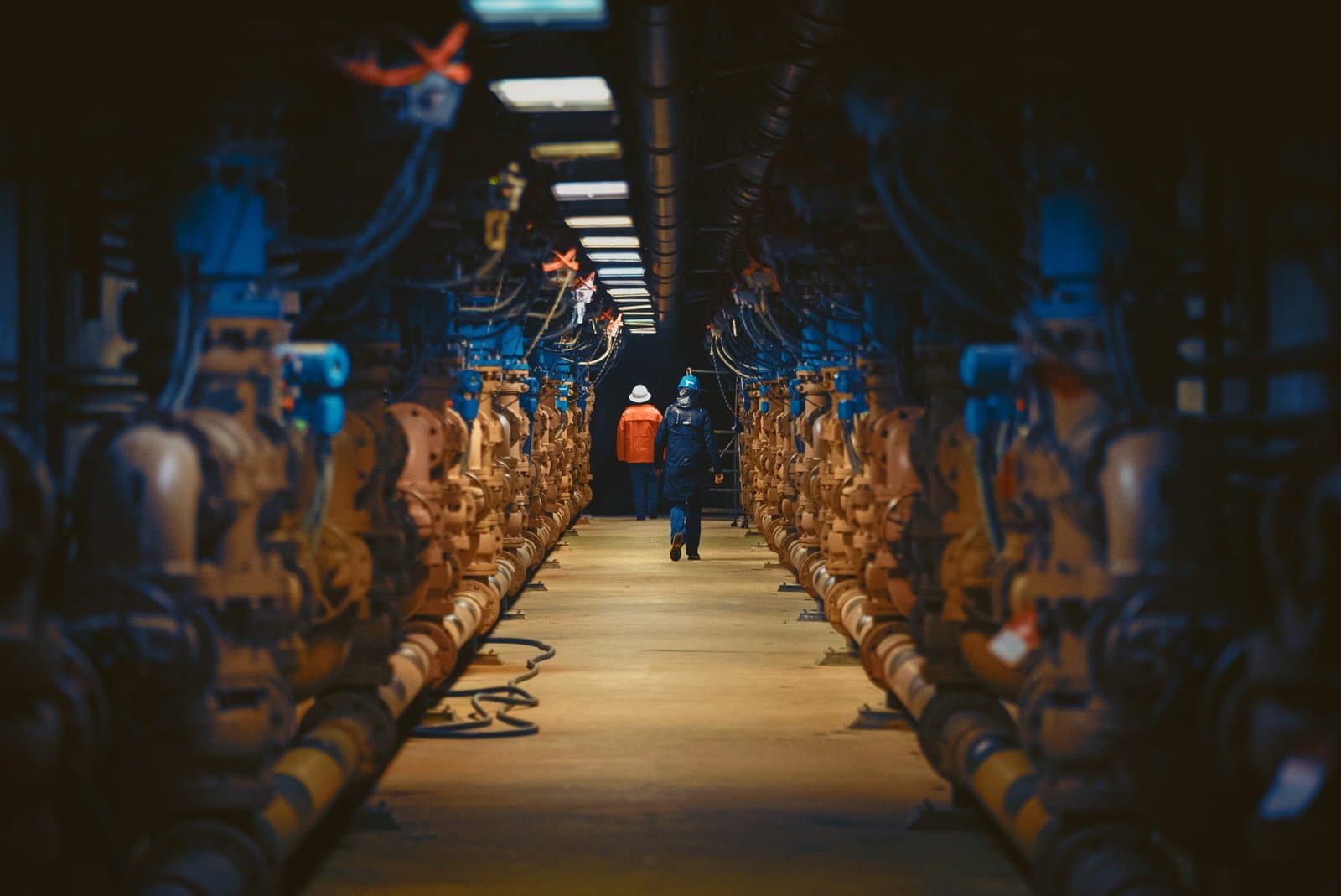
august 30, 2025
Decommissioning a Facility: How to Turn It into a Profitable Venture
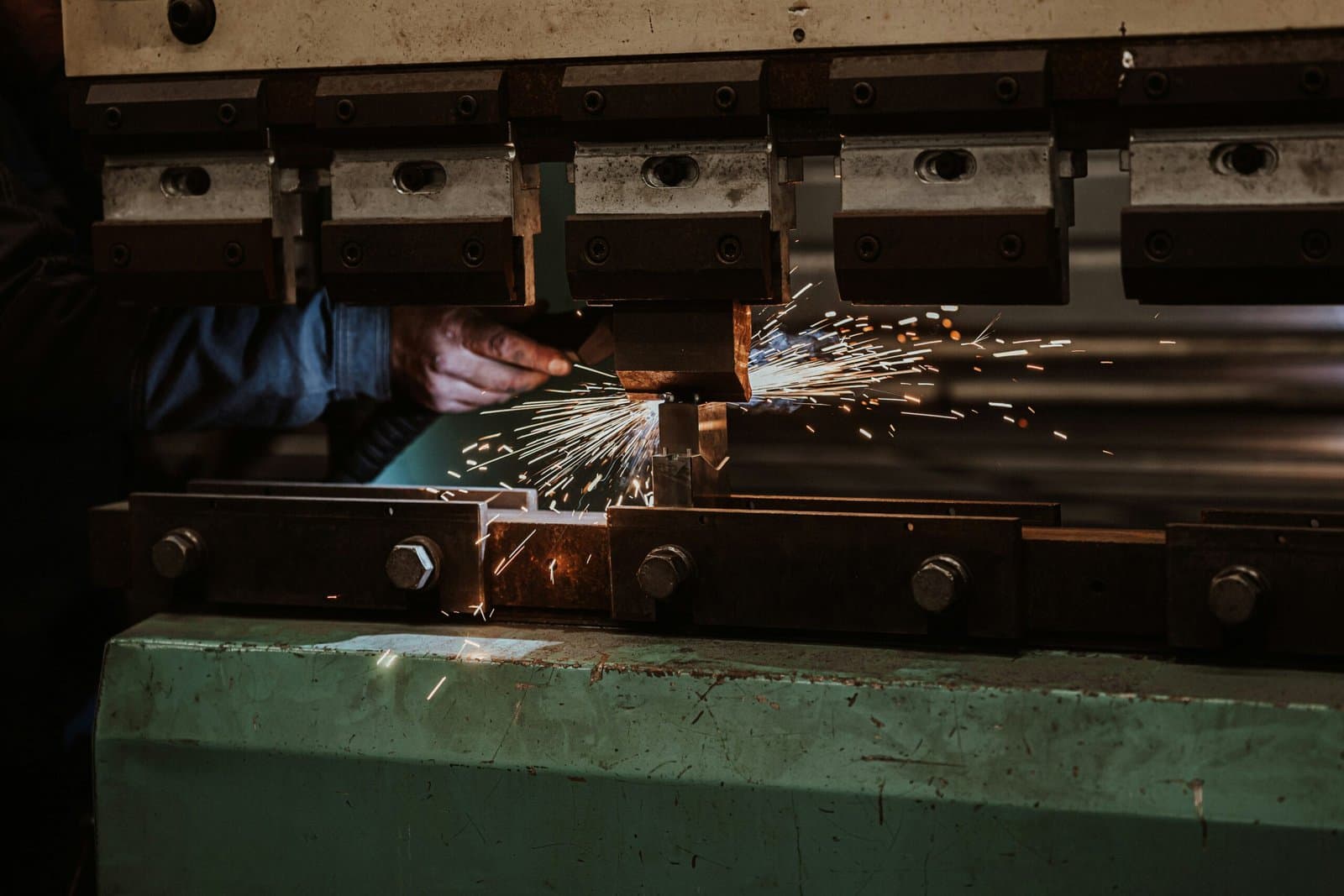
august 25, 2025
Hydraulic Press Maintenance 101
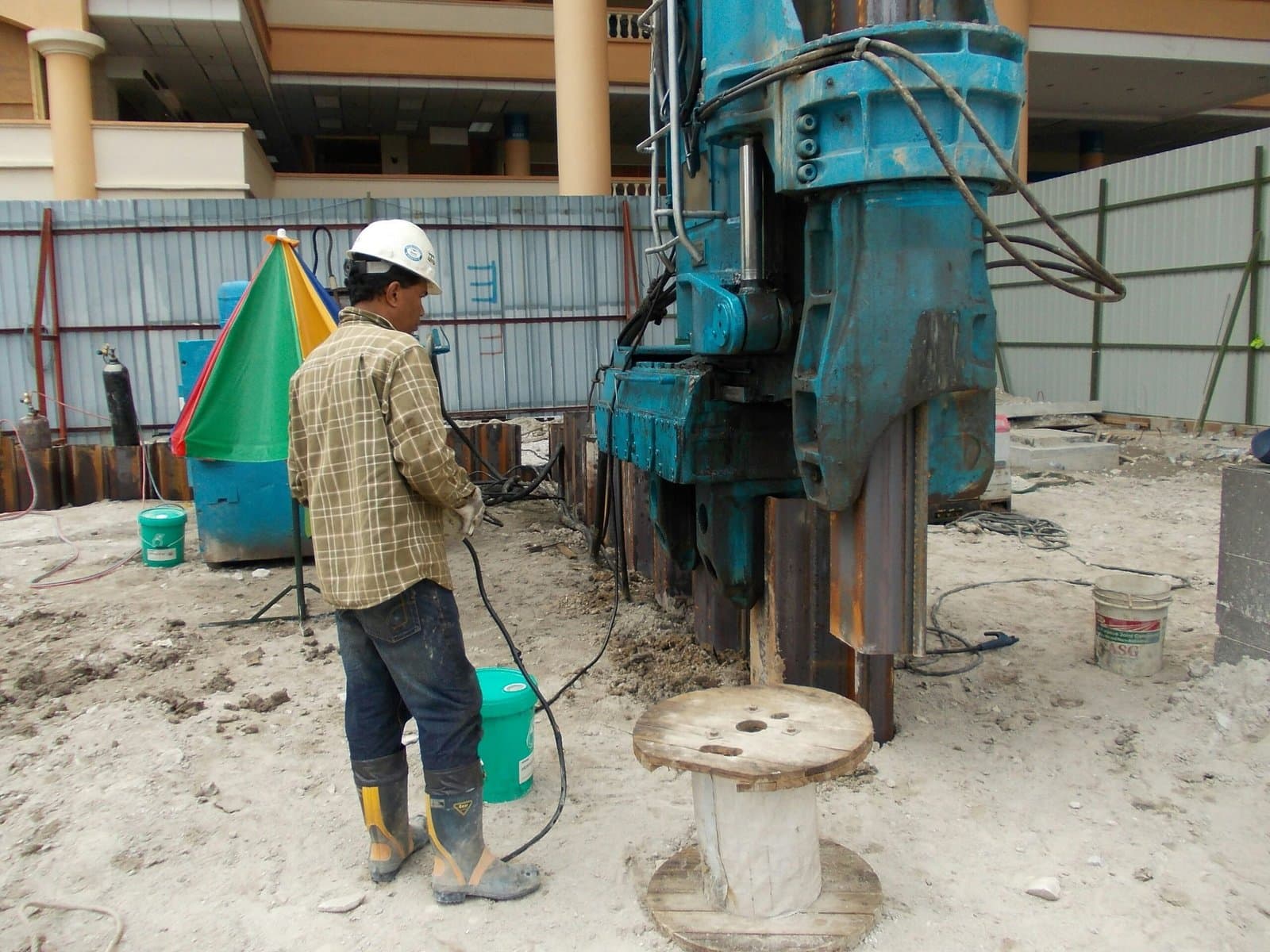
august 18, 2025
Rigging Machinery: The Challenge of Moving and Installing Outdated vs. Modern Equipment
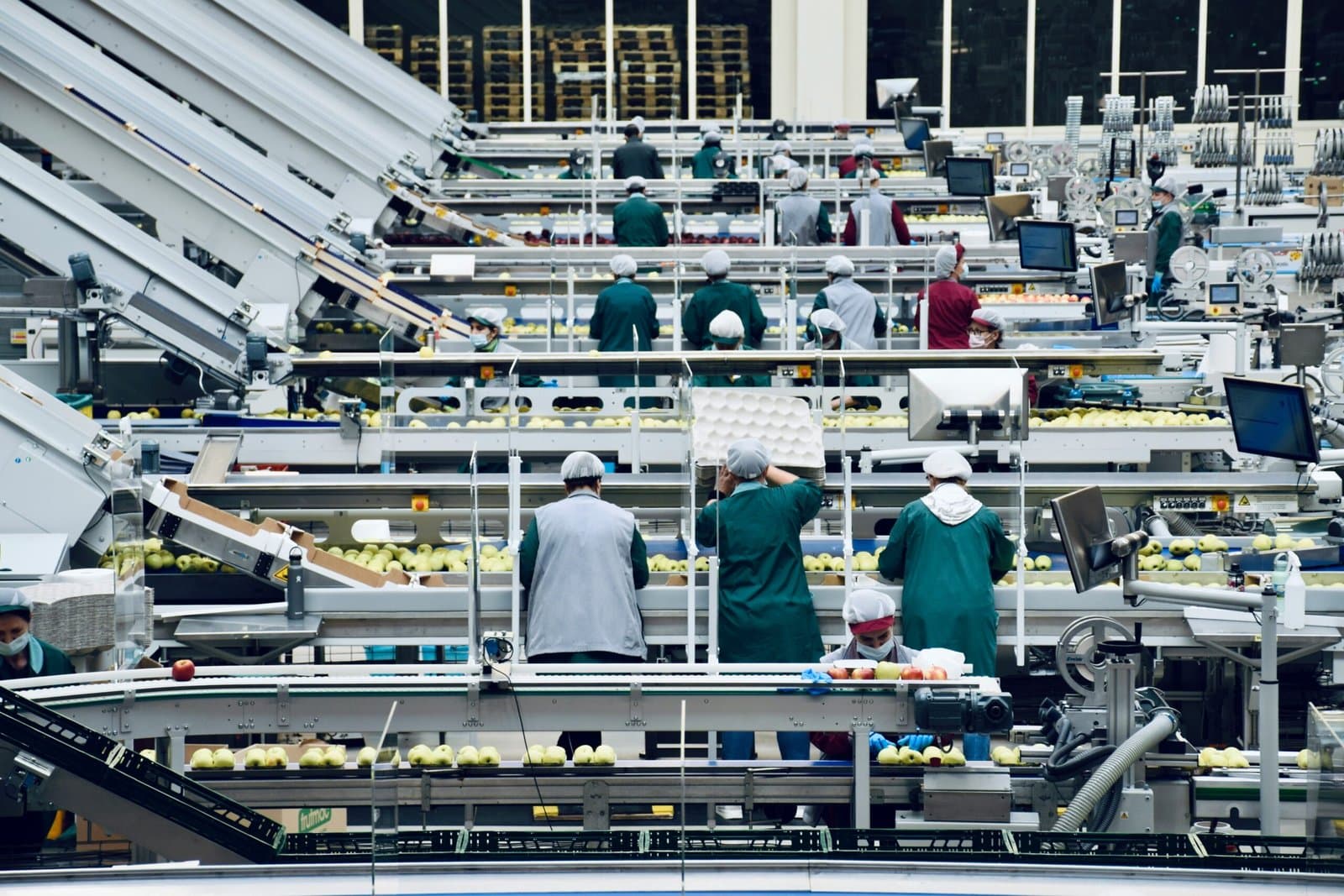
august 16, 2025
Conveyor System Maintenance: 5 Early Warning Signs of Failure
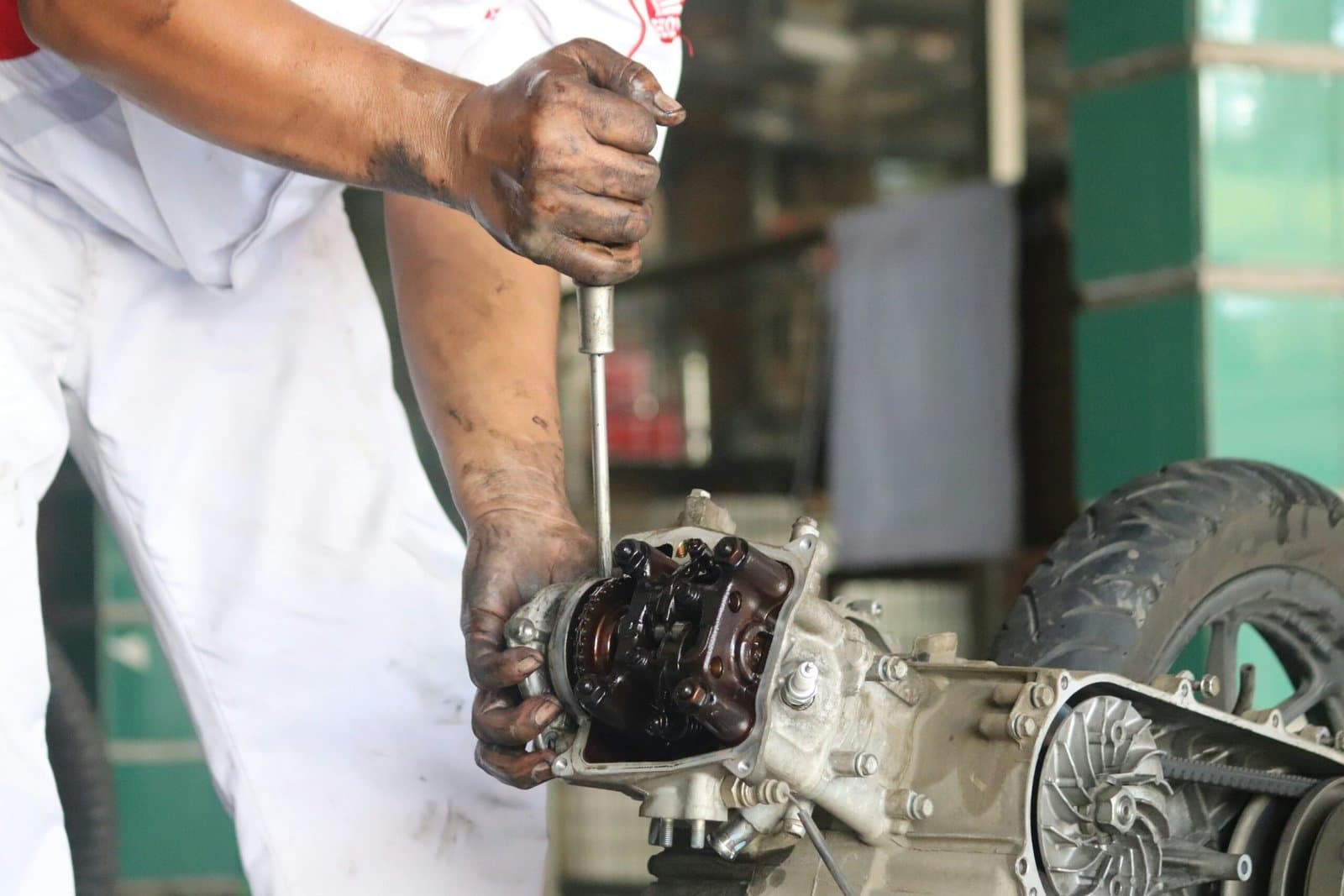
august 14, 2025
Predictive Maintenance: The Smarter Alternative to Costly Reactive Repairs

august 11, 2025